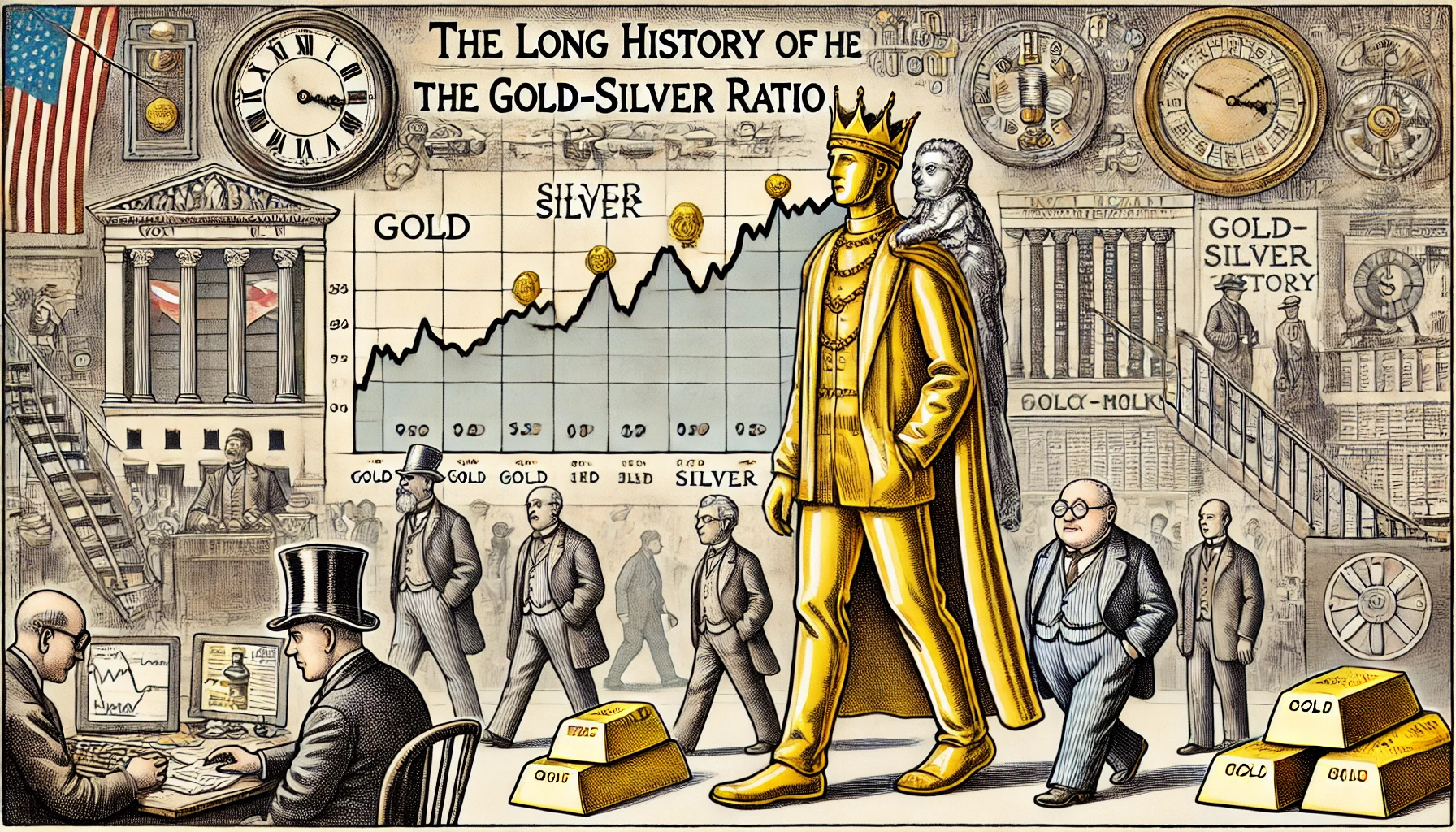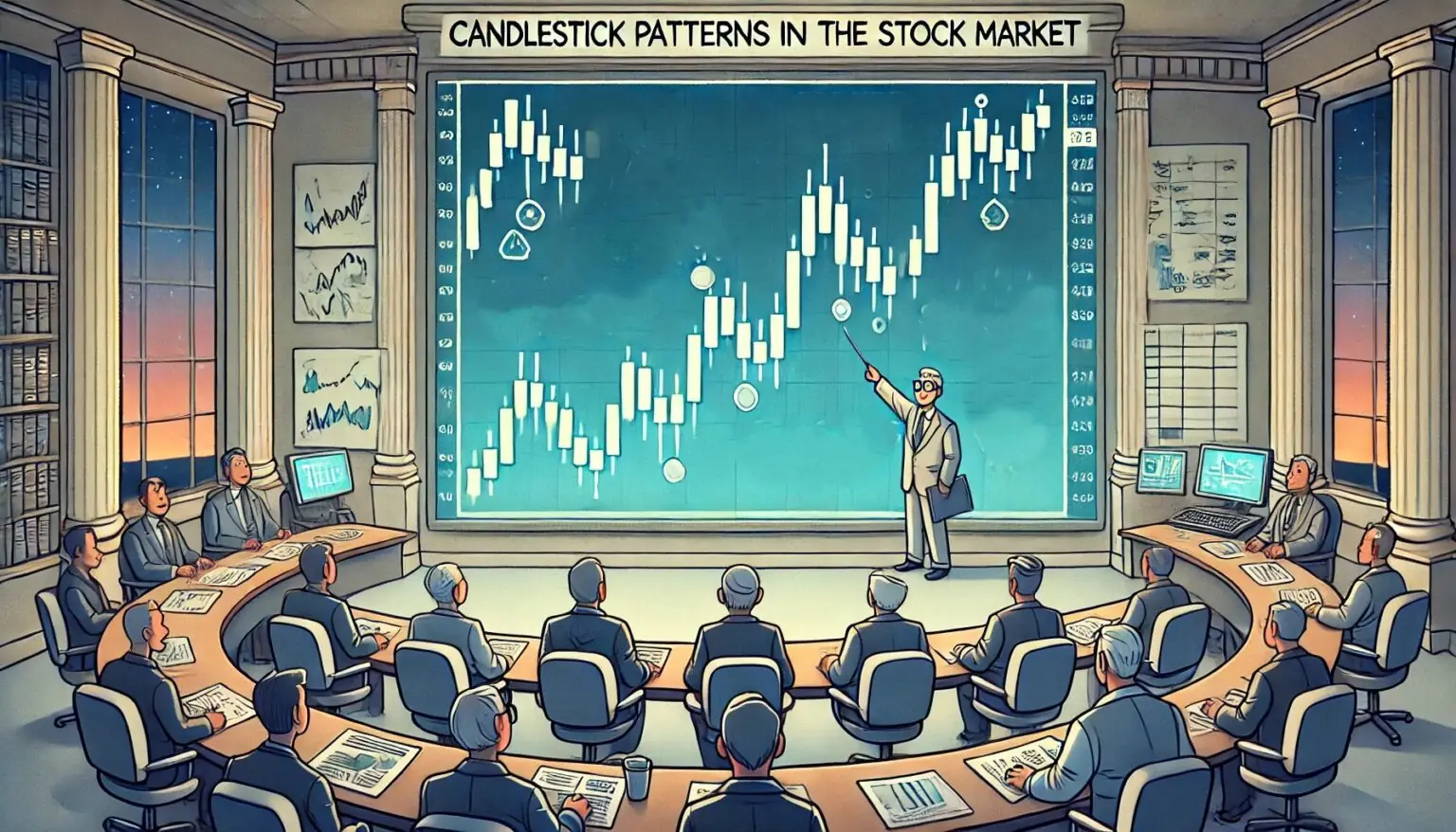A Quick Look at Global Equity Trends
Today, global equity markets are showing a very unique trend. When we compare the weight of the world’s largest US companies with the weight of major countries in a global index, we see a big difference. This comparison is based on the FTSE Global All Cap Index as of 30th September, and it clearly shows how much importance the global market is giving to some US giants. (see the image below)

How Big US Companies Dominate the Index
The light blue bars in the data represent seven large US companies—Nvidia, Microsoft, Apple, Google, Meta, Broadcom, and Amazon. These companies hold very high weights in the global index. For example, Nvidia alone has a weight of 4.3%, which is higher than many countries. Microsoft stands at 3.8% and Apple at 3.6%. These numbers are almost double the weight of many developing countries.
How Countries Compare in the Same Index
The dark blue bars represent countries like Japan, China, the UK, Canada, Taiwan, France, Germany, and India. Japan has a weight of 5.6%, which is the highest among countries. India, on the other hand, has a weight of only 1.9%. This means India’s entire market weight is less than half of Nvidia’s weight alone. Countries like Hong Kong and Brazil are even lower, at just around 0.5% and 0.4%.
Why India’s Weight Looks Low Right Now
India’s weight in the index is low mainly because its performance has not been very strong in the last one to one and a half years. These global indices are mostly based on market cap and past performance. So when India’s performance slows down, its weight naturally goes down too. But if India’s market starts doing well again, the weight can shift back in India’s favor over time.
What This Means for the Future
Right now, India’s relative position is lower than countries like Canada, the UK, China, and Japan. But India is still ahead of several others and has strong potential to move up. With better market performance, India can possibly move closer to the 2–3% range in this global index. This improvement will depend largely on how the Indian market performs in the coming years.










